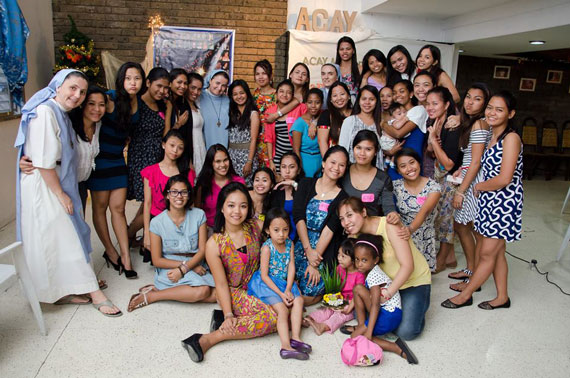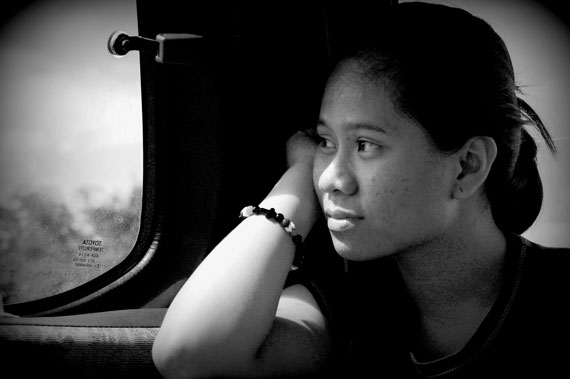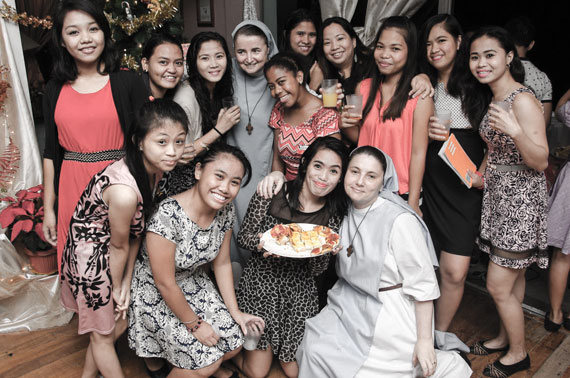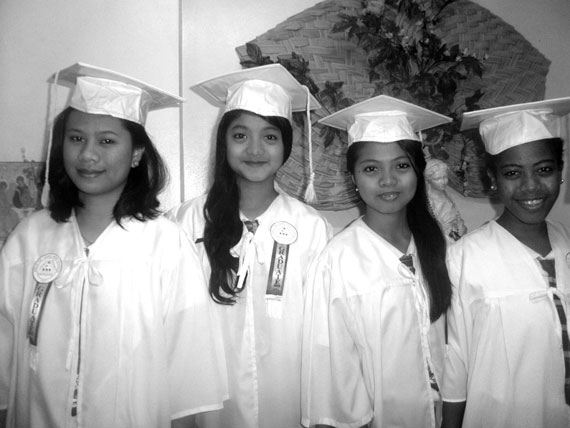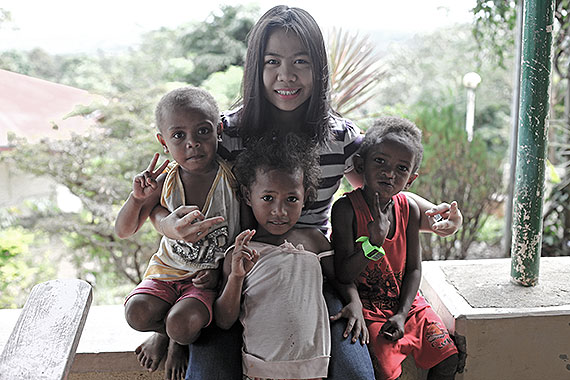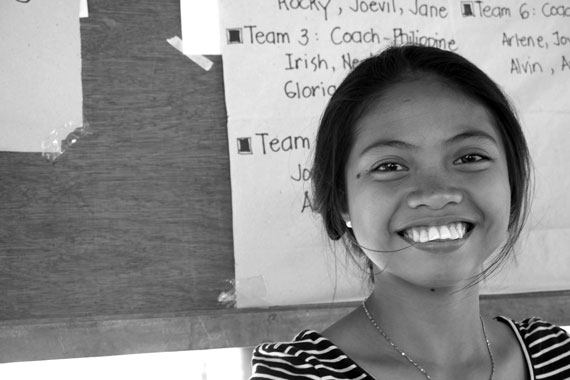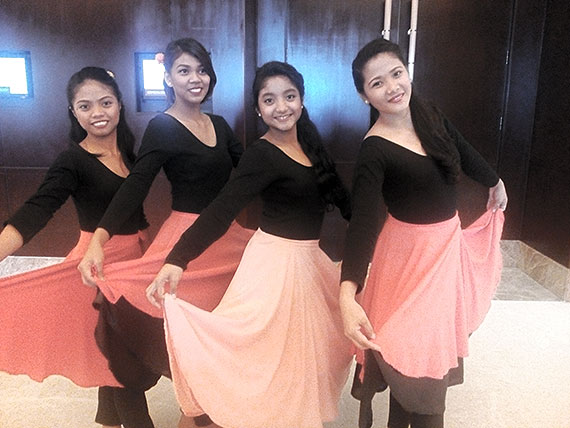While the Philippines has an economic growth rate of 7%, one in three Filipinos still lives below the poverty line. In Manila, 1 in every 2 inhabitants lives in a shanty town, or 9 000 000 people. The rampant poverty in the capital particularly affects children, of whom 1.5 million live on the streets.
Maltreatment is also a scourge that affects the vast majority of Filipino families since corporal punishment is widely accepted in Philippine society and mentality. According to UNICEF, three out of every five Filipino children are victims of child abuse and one in every four is sexually abused, most often by a family member. Girls are particularly vulnerable given 10% of young women aged 15-19 experience early pregnancy and 14% are married before the age of 18, many therefore find themselves forced to flee the family environment. On the other hand, failure at school and the necessity to earn a living and therefore drop out of school causes families to break-up.
While most of the structures devoted to the care of these girls are limited to providing accommodation and schooling until they reach the age of 18, the School of Life founded by ACAY welcomes young girls with the aim of accompanying them throughout the process of personal rehabilitation and reintegration into society. The strategy adopted by the School of Life includes:
- A group dynamic coupled with the individual mentoring of each youth;
- A peer support / mediation;
- The prioritising and cultivation of responsibility as part of the youth's culture;
- A partnership with families, the legal system and the professional world.
The Philippine Department of Social Affairs, recognizing the results obtained by the holistic pedagogical approach developed over the years by the School of Life, has asked to benefit from ACAY's expertise and to disseminate it within the institutions managed by the authorities Philippines.
- Residential care for young girls (food, accommodation, clothing, etc.).
- Medical care: annual examinations and interventions when necessary.
- Fun, cultural, leisure activities, birthdays and festive celebrations.
- Work of recovery or reconstruction of the link with families.
- Clinical interviews with a referent psychologist.
- Psychological assessment of the young girls upon their arrival at EdV.
- Integration of young girls into the operating system of the EdV.
- Intensive training of young girls supervising the teams of each committee.
- Monthly monitoring and weekly evaluation of the performance of young girls, their leadership abilities and task accomplishment.
- Registration of young girls in appropriate schools.
- Academic support and vocational guidance training.
- Partnership with teachers and directors for monitoring young girls.
- Establishment of a RoadMap for each young girl.
- Allocation for each young girl of a "life coach" in order to strengthen the individualized support work;
- Implementation of income-generating activities so that young girls have savings when they leave the EdV;
- Company visits are organized so that they discover the atmosphere of the professional world.
- Immersion of young girls for a month outside the EdV to ensure that the young girl is ready to leave the home and take on the responsibilities of adult life.
- Legal assistance for young girls who have an ongoing legal case.
- Repair of the electrical system and drainage system.
- Intervention of a professional agency to exterminate termites.
- Replacement of wooden surfaces (ceilings, floors) with cement or tiles.
- 15-17 young girls benefit from support within the School of Life: the young girls are safe, are housed, fed and taken care of in their daily needs.
- They are able to come to terms with the traumatic events of their past through holistic support which focuses on the social and psychological dimensions of their experience.
- They are trained to take initiatives and responsibilities
- They go to school, they finish their school year and move on to the next class.
- They receive support that promotes their social and professional reintegration and their gradual empowerment.
- The young girls of the School of Life having a legal dimension received all the necessary interventions to be ready, with as much serenity as possible, to face the test of the hearings and the interrogations of the magistrates in the legal proceedings.
- Problems affecting the security of the living house are immediately resolved and repaired.
School of Live - Reconstruction and recovery of young girls victims of abuse, exploitation and violence
-
Philippines
Manille
-
Project status
In progress
-
Duration
2015-2023
-
Funding
462 000 €
-
Beneficiaries
15 to 17 young girls housed in the Ecole de Vie residential center
5 young girls in a period of reintegration. -
Partners
ACAY Mission Philippines
Philippino Government (Department of Social Affairs) -
Objectives
To offer young girls between the ages of 15 and 21 years old, victims of abuse, exploitation or violence, an integrated and adapted care in order to facilitate their reintegration in to society.
 L'Amade
L'Amade